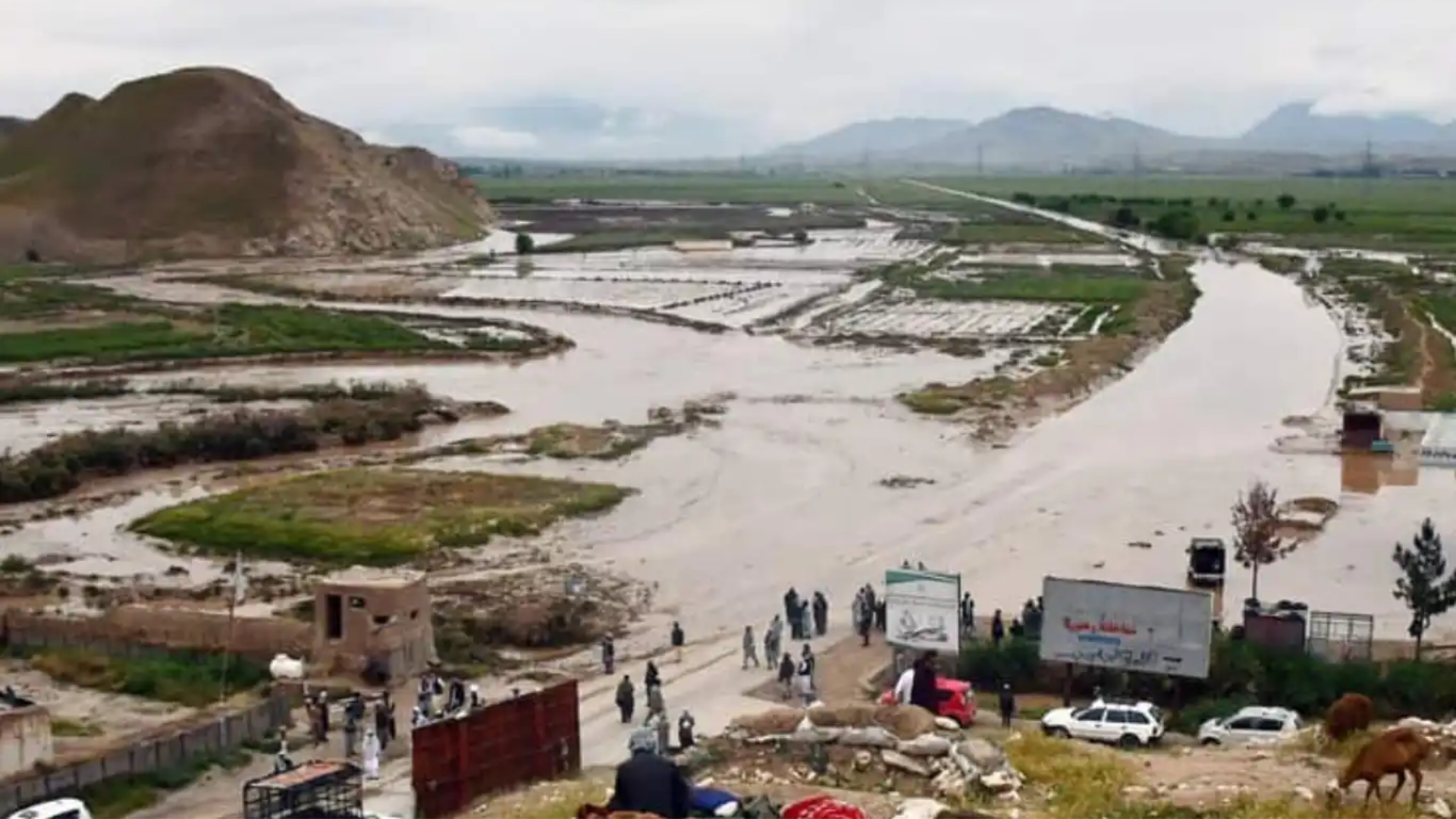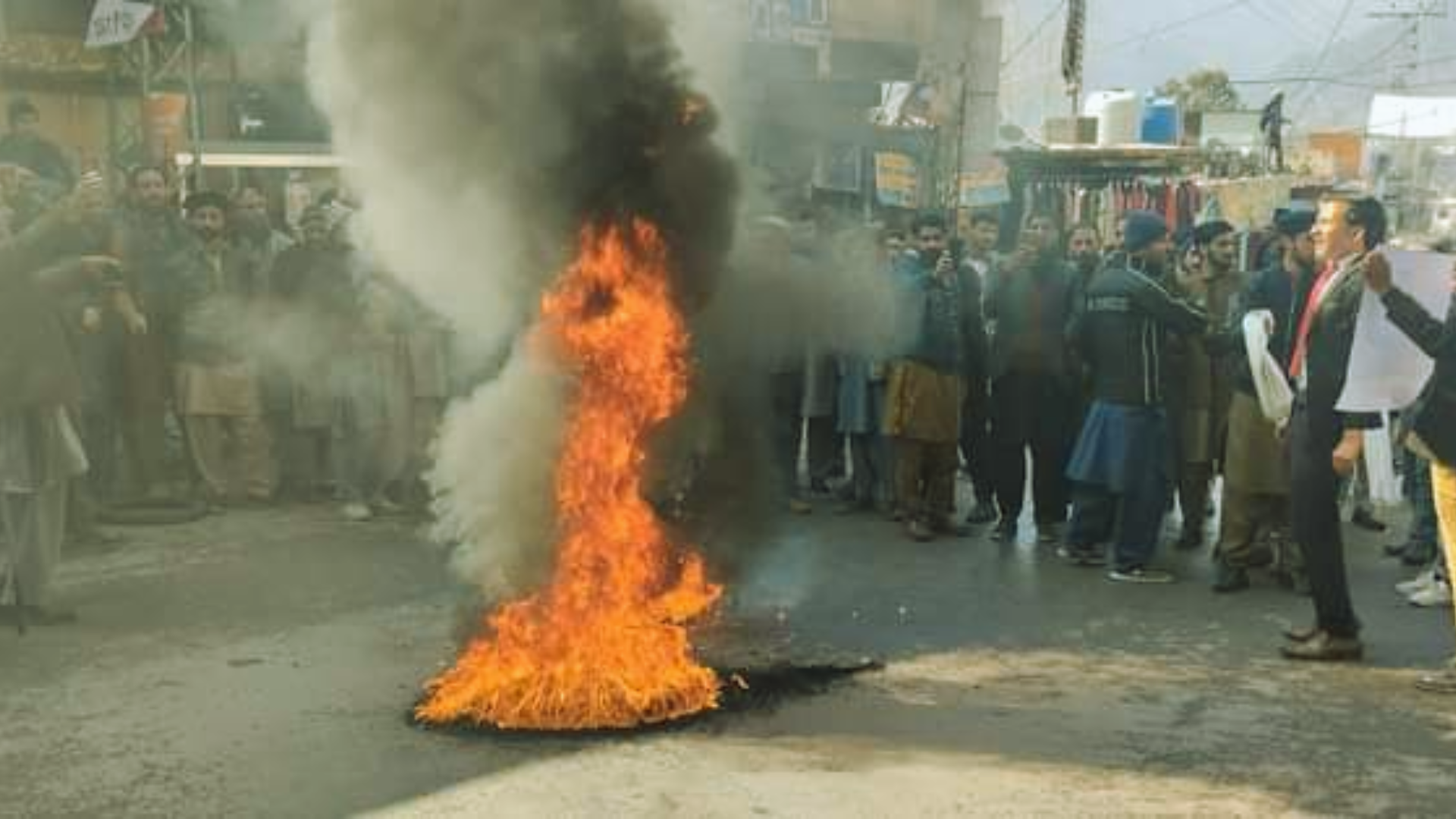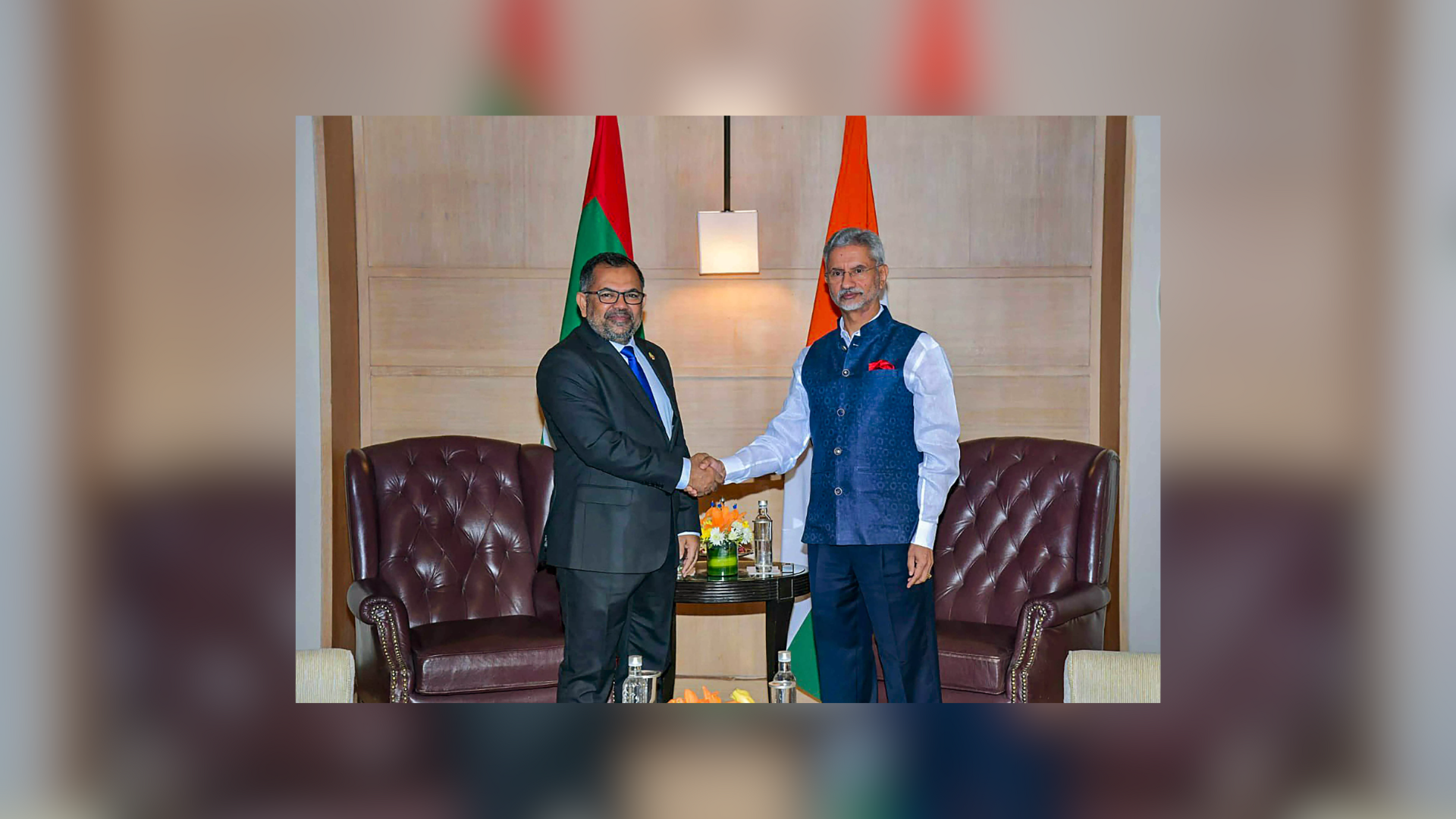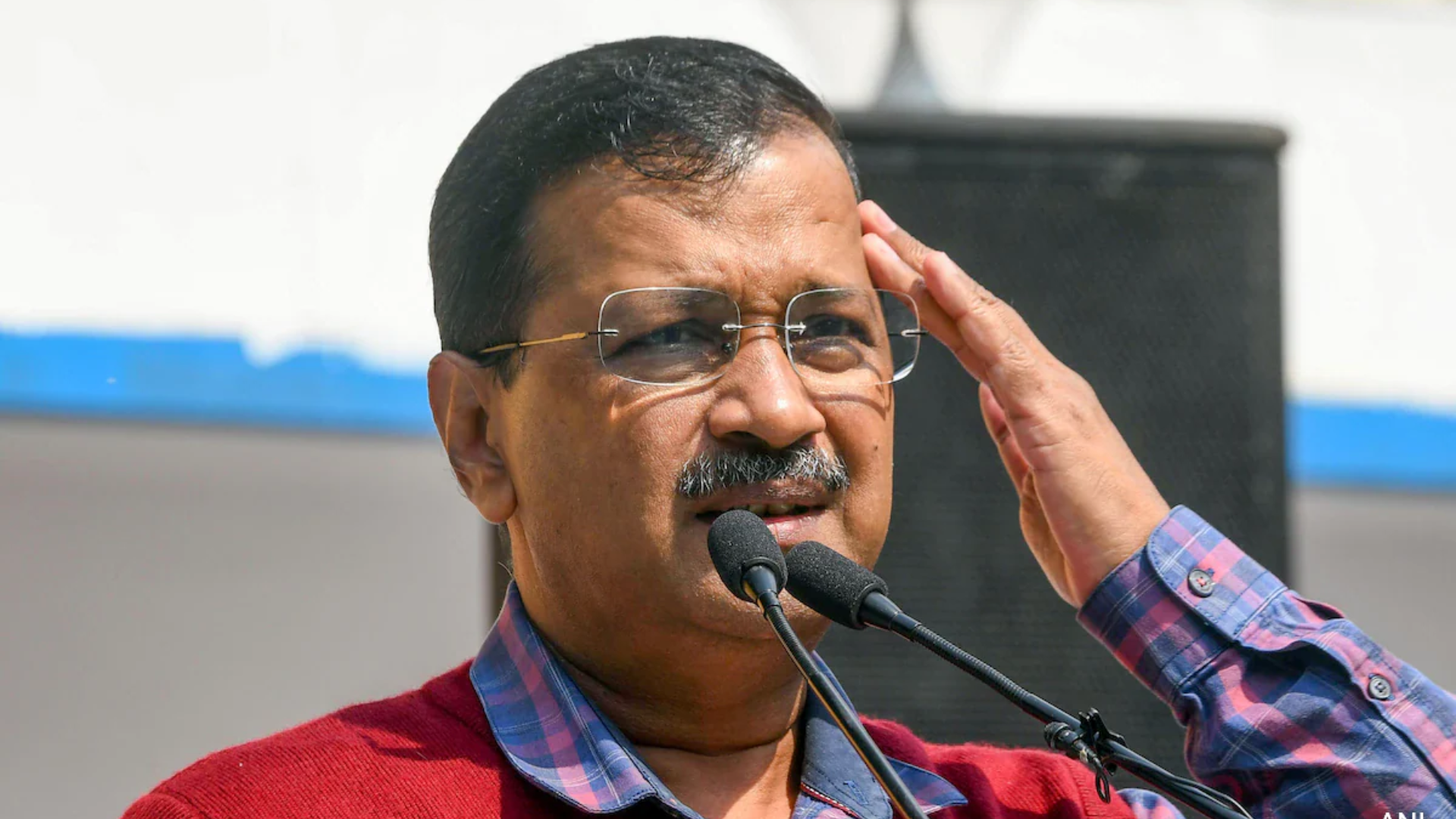




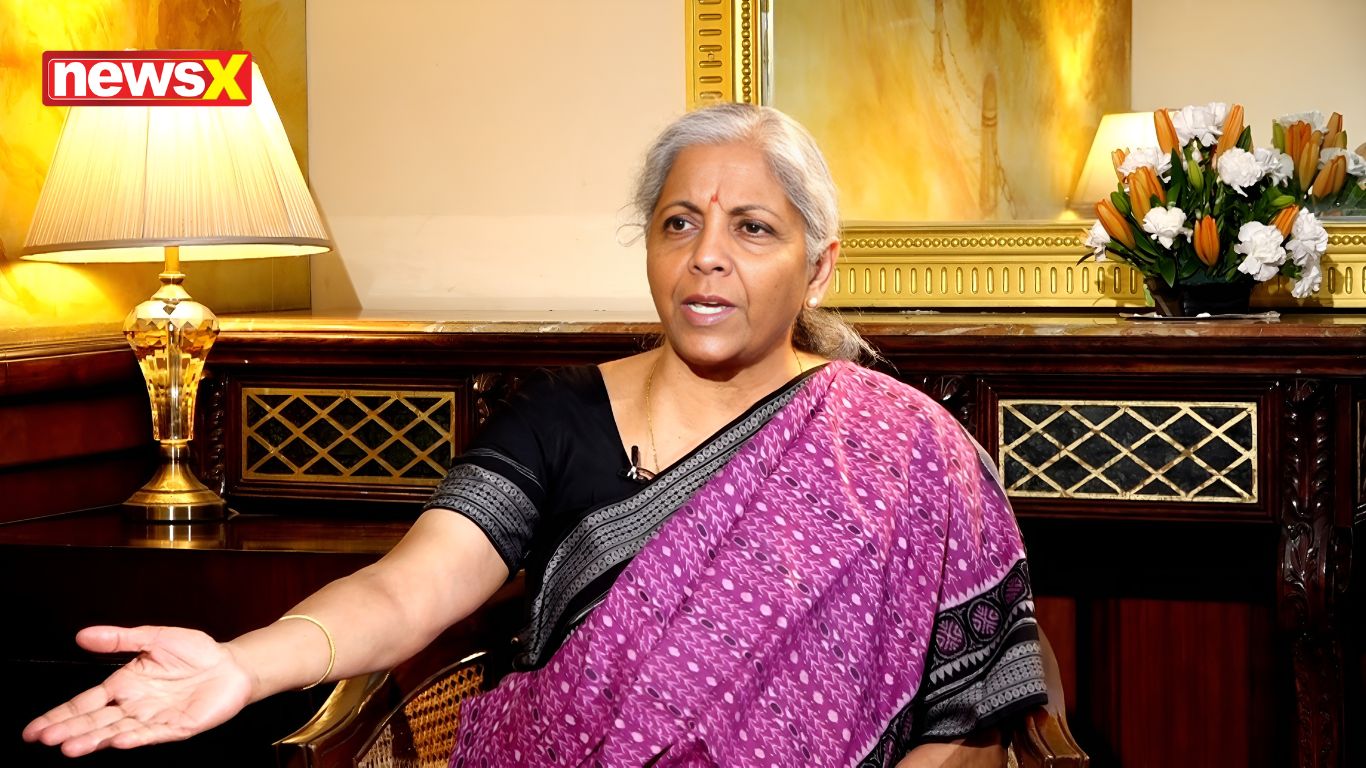

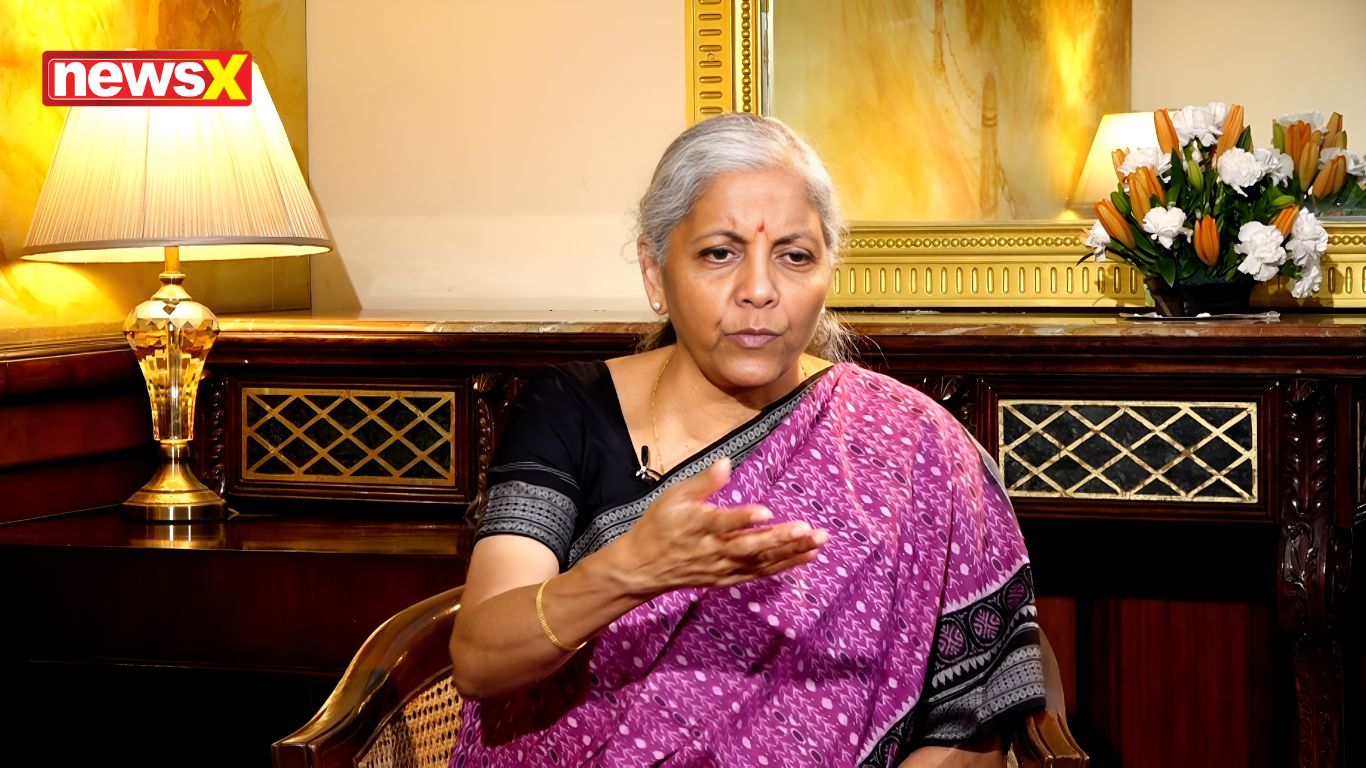



In a recent development surrounding the ongoing conflict between Israel and Hamas, the decision to facilitate humanitarian aid into the Gaza Strip via Egypt has stirred controversy, triggering strong emotions among the family members of Israelis held captive by the Hamas terror group, as reported by The Times of Israel on Thursday.
The ‘Bring Them Home Now’ organization, a dedicated group representing the families of those who have been kidnapped, voiced its discontent in a statement, vehemently condemning the move. “The decision to allow humanitarian aid to the murderers of Gaza has stirred great anger among family members,” the organization emphasized, capturing the deeply emotional and volatile atmosphere.
“Our loved ones, including children, women, men, soldiers, and the elderly, some of whom are suffering from serious health issues, remain confined underground without basic humane conditions, while the government of Israel extends hospitality to the perpetrators with baklava and medicine,” the group lamented, highlighting the stark disparity in treatment and the plight of the captives.
In response to the escalating humanitarian crisis in Gaza, Egypt publicly announced plans for a sustainable passage of humanitarian aid through the Rafah crossing, with a convoy of aid trucks assembled at the enclave’s gates, awaiting clearance for entry.
Presidential spokesperson Ahmed Fahmy addressed the development, stating, “Egyptian President Abdel Fattah al-Sissi and American President Joe Biden have reached a mutual understanding regarding the sustainable delivery of humanitarian aid to the Gaza Strip through the Rafah terminal.” However, the specific implementation date for this initiative was not disclosed, leaving room for speculation and uncertainty.
During a press interaction aboard Air Force One, President Biden shed light on the discussions with President Al-Sisi, emphasizing the urgency of the humanitarian aid delivery. “He agreed to open the gate and allow up to 20 trucks through initially. Satterfield, my ambassador, is in Cairo now and has my authority to ensure the process moves forward,” President Biden conveyed, underlining the significance of immediate action in addressing the pressing humanitarian needs in the conflict zone.
Elaborating on the multi-faceted goals of his recent diplomatic engagements, President Biden underscored the paramount importance of facilitating the swift delivery of humanitarian aid into Gaza while ensuring the safe repatriation of American citizens caught in the conflict zone. “When we took off, my goal was to get humanitarian aid into Gaza and facilitate the safe return of as many Americans as possible. We received a commitment from the Israelis and made sure there is a mechanism in place for swift action,” the President clarified, elucidating the primary objectives guiding his diplomatic efforts.
Responding to queries about the logistical challenges pertaining to the aid transfer, President Biden acknowledged the necessary road repairs and logistical preparations imperative for the aid convoy’s safe passage through the Rafah crossing. “They’re going to patch the road and fill in potholes to allow these trucks to pass. It’s anticipated to take about eight hours, possibly delaying the aid transfer until Friday,” President Biden confirmed, underscoring the intricate operational arrangements involved in the aid delivery process.
The agreement to permit humanitarian aid through the Rafah crossing, while instrumental in addressing the urgent needs in Gaza, has triggered divergent reactions within Israeli communities, underscoring the complex dynamics and moral dilemmas associated with managing humanitarian aid in conflict zones. The diverging perspectives exemplify the intricate balance between addressing immediate humanitarian crises and navigating intricate geopolitical dynamics in the context of an enduring conflict.
Also Read: PM Modi to Inaugurate Delhi-Meerut RRTS Corridor, Key Features of India’s First Regional Rail
Catch all the Latest Business News, Breaking News Events, and Latest News Updates on NewsX


